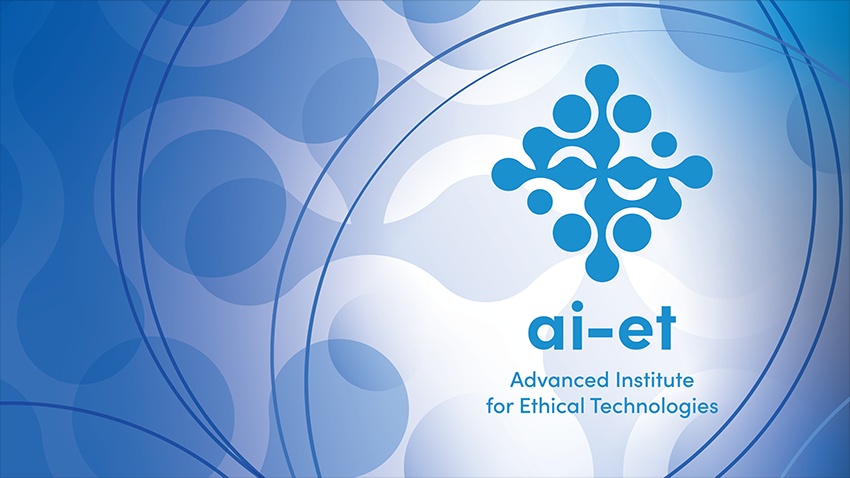Advanced Institute for Ethical Technologies

The AI-ET (Advanced Institute for Ethical Technologies) addresses the critical challenge of polysemy—the coexistence of multiple meanings—within AI terminology, which obstructs regulation, interdisciplinary research, and public understanding. Terms like “AI,” “intelligence,” and “trustworthy AI” are often co-opted by corporate marketing, leading to conceptual vagueness and industry hegemony. It is critical to both define terms and to provide greater clarity and more diverse input into the conversations in which those terms are being defined. Otherwise, it is all too easy for stakeholders to use the same words to speak at cross purposes. This is already an urgent problem concerning AI.
Humanists are poised to collaboratively reframe the conversation, especially here at SJSU. Multiple humanities-focused higher educational professional organizations have responded with working papers (e.g., MLA); and scholarly humanities publications and conferences are replete with discussions about these topics, including the latest Debates in Digital Humanities on Computational Humanities, the Wolf Humanities Center’s hosting of Ted Underwood on the topic of “Why AI Needs the Humanities as a Partner,” and the colloquium Museum x Machine x Me at the University of the Arts, London in partnership with the Tate Museum. Yet, because the proliferation of hegemonic AI narratives is wildly accelerated and the collective response is understandably exigent, the conversations consistently lack nuance with regard to not only what knowledge is and how it is defined, but how knowledge is produced, and produced differently in divergent institutional contexts.
Building on lessons from digital privacy, AI-ET prioritizes contextually aware, community-driven
definitions that reflect the lived experiences and scholarly insights of diverse stakeholders,
including those from SJSU’s Minority-Serving Institution (MSI), Hispanic-Serving Institution
(HSI), and Asian
American Native American Pacific Islander-Serving Institution (AANAPISI) designations.
By fostering interdisciplinary collaboration through research clusters, AI-ET's first research project will create an open-access publication of critical keyword definitions, enabling more precise, transparent, and equity-oriented discourse around AI. The AI-ET Center aims to resist corporate-driven AI-washing and stabilize essential AI concepts to support cross-disciplinary dialogue, scholarly inquiry, regulatory frameworks, and public debate.
It should be clear by now that it is a substantial problem that all the words we have for talking about “AI” – not least “AI” of course, but also hallucination, learning, ontology, and more – are either anthropocentric and/or deformed from their “home” discipline (psychology, education, philosophy). The critical keywords project is a deliberate intervention in the crisis of meaning.
Ultimately, the research project launches the AI-ET to address a “crisis of meaning” in AI by creating a sustainable infrastructure for iterative, participatory knowledge production, empowering communities and scholars to co-define key concepts as AI technology continues to evolve.
This Institute is part of a larger conversation at SJSU to promote responsible computing and human-centered technology. See the wider efforts for events, research, student collaborations, and more at SJSU x AI.
Please also check out our partners: CIRCLE 1 SJSU's Digital Humanities Center 2 ; and the Responsible Computing Club 1
Footnotes
[1] Supported by the Mozilla Foundation ↵
[2] Created by a National Endowment for the Humanities Challenge Grant (2020-2025) ↵
AI-ET Logo created by SJSU graphic design student, Sofia Robledo Campos.